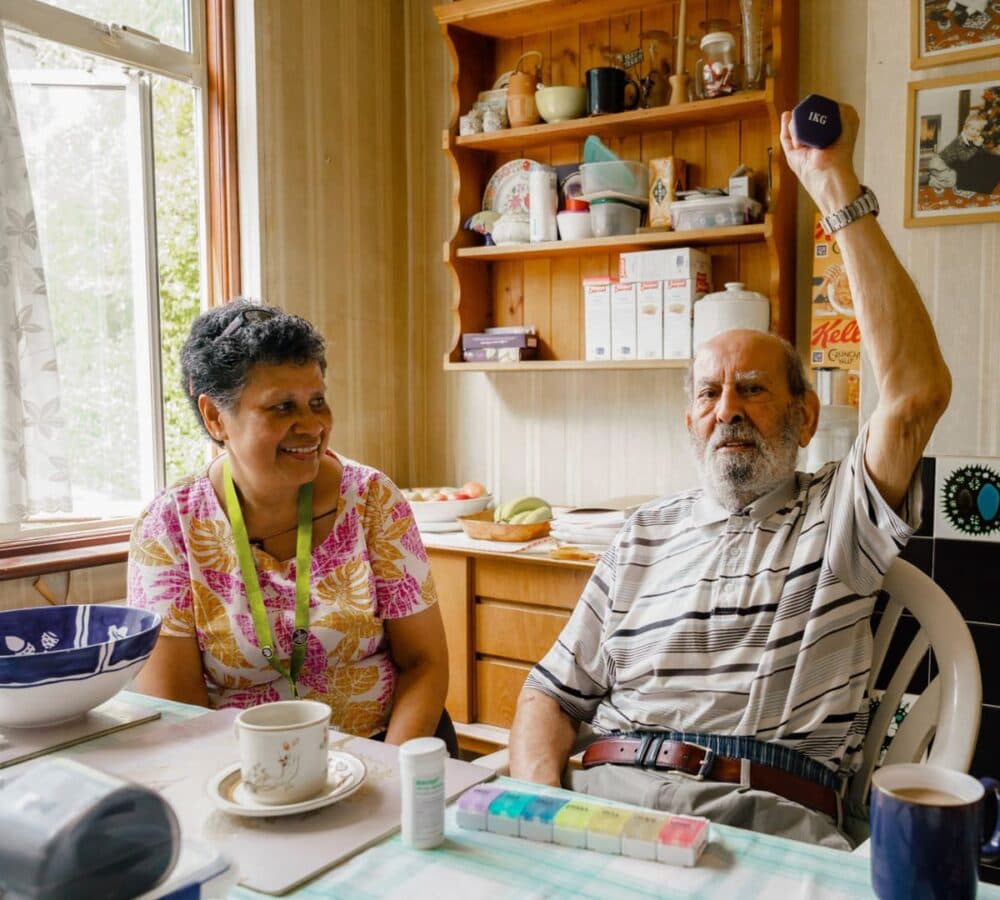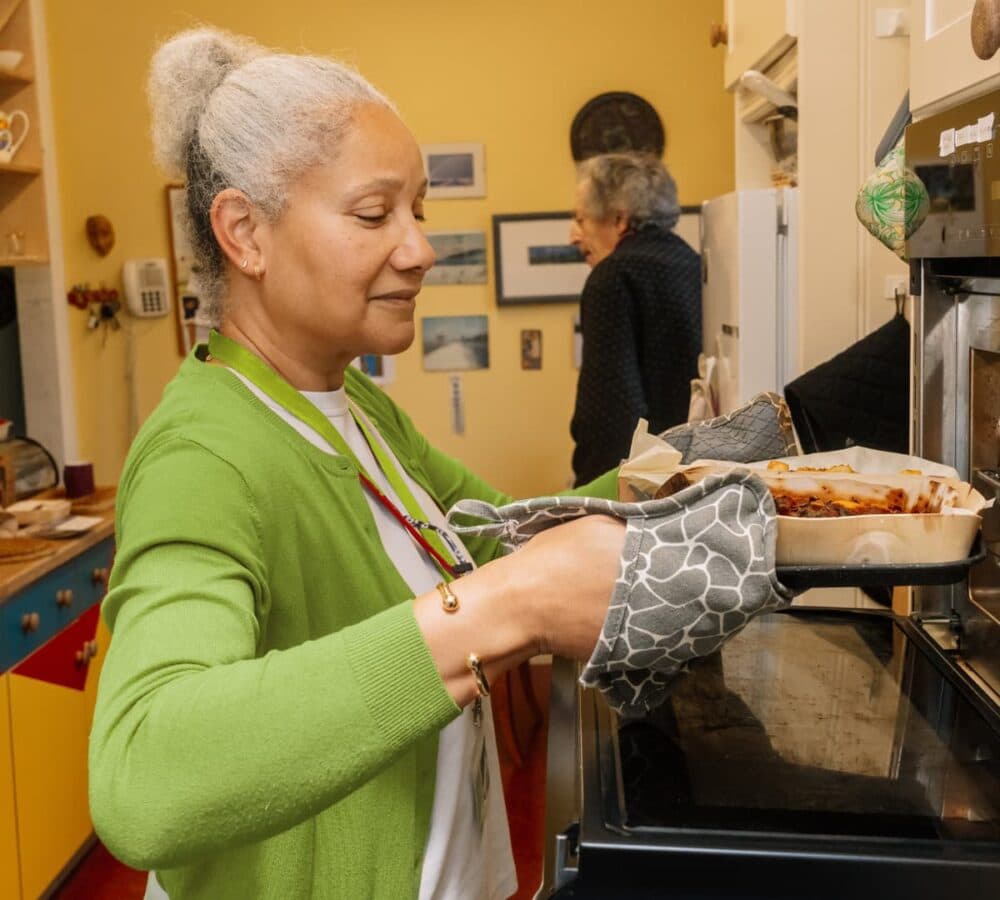How to Spot Signs of Malnutrition in Older Adults in Wandsworth, Lambeth & Dulwich

As we get older, our relationship with food can change, sometimes dramatically. At Home Instead Wandsworth, Lambeth & Dulwich, we’ve seen how malnutrition in older adults can creep in slowly, often unnoticed, until it starts affecting health, energy levels and quality of life. Knowing what to look out for is vital in keeping our loved ones well and independent for longer.
What is malnutrition in older adults?
Malnutrition means the body isn’t getting enough nutrients to function properly. In older people, this can happen for many reasons: chronic illness, difficulty chewing, poor appetite, memory loss, or simply not feeling motivated to cook or eat alone. We’ve worked with many clients in our area who were skipping meals without even realising the impact on their health.
Left unchecked, malnutrition can lead to falls, frailty, infections, and a decline in mental wellbeing. But with the right support, it’s something we can spot and manage before it becomes a serious issue.

What are the signs of malnutrition?
Spotting malnutrition isn’t always easy. Some of the most common signs in older adults include:
– Noticeable weight loss or clothes fitting looser
– A sudden lack of appetite or meals left uneaten
– Feeling tired or weaker than usual
– Low mood, confusion, or difficulty concentrating
– Poor wound healing or frequent infections
– Dry, thinning hair or skin changes
– Digestive issues or constipation
Our Care Professionals are trained to look out for these subtle but important signs. Because we provide longer, relationship-led visits, we’re in a strong position to spot changes early and raise any concerns.
Compassionate care with a focus on wellbeing
Our Care Professionals are the heart and soul of everything we do and have earned us an Outstanding rating from the CQC. We believe that while you can train someone to do a job, you can’t train someone to be kind-hearted. That’s why our recruitment process focuses on finding genuinely caring individuals from all walks of life; some with years of experience, others just starting their journey.
Once onboard, all our team members receive award-winning training in nutrition, dementia, Parkinson’s, and end-of-life care. They’re supported every step of the way and encouraged to build lasting, trusting relationships with the people they support.
When it comes to preventing and managing malnutrition, our Care Professionals take a proactive and personalised approach, including:
– Preparing meals and snacks that are appetising and nutritious
– Encouraging clients to eat little and often, especially if they’ve lost interest in food
– Making mealtimes sociable and enjoyable
– Helping with food shopping and menu planning
– Supporting clients with hydration and fluid intake
– Reporting any concerns quickly to family members or health professionals
Why continuity matters
Every visit we make is at least one hour long, and our Care Professionals see the same clients regularly. This means we’re not just helping with meals, we’re building trust and really getting to know the person. That connection makes all the difference when it comes to spotting changes in behaviour, appetite, or mood that may point to early malnutrition.
We’re proud to serve the communities of Wandsworth, Lambeth and Dulwich, offering flexible care that supports not just physical needs but emotional wellbeing too. Our team has supported many local families with everything from gentle reminders to eat, to full meal prep and companionship.

Concerned about someone in your area?
If you’ve noticed weight loss, low energy, or changes in eating habits in an older friend or family member, don’t wait to act. Malnutrition in later life is common, but it doesn’t have to be inevitable.
Get in touch with us on 020 8022 5240 to learn how our compassionate, one-to-one care can support older adults to eat well, stay strong, and feel their best.